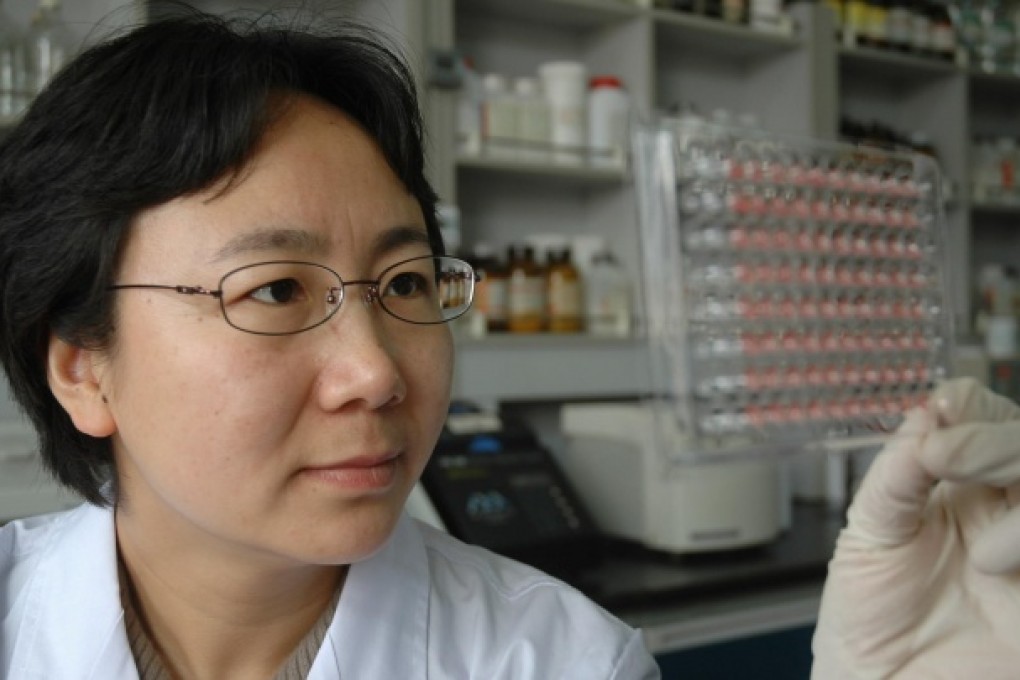H5N1 flu research sparks ethical and safety debate
Scientists swap bird flu gene with one from human virus in laboratory guinea pig tests

A team of top Chinese researchers has found that swapping a single gene of the H5N1 bird flu virus with one from H1N1 human flu makes it transmissible between guinea pigs, representing a jump from bird to mammals.
However, their study has reignited an ethical debate over the merits of artificially creating potentially deadly new viruses.
The team, led by Professor Chen Hualan from the Ministry of Agriculture's Harbin Veterinary Research Institute, produced 127 novel viruses in the laboratory.
After testing them on mice and guinea pigs, the researchers found that four were both deadly and highly infectious, making them possible candidates for the next global pandemic outbreak.
The publication of their paper on the website of the magazine Science on Thursday triggered heated debate in the scientific community on ethical and safety issues, including whether the viruses could escape from the lab or be used by terrorists.
Flu researchers around the world had agreed a voluntary moratorium on H5N1 research under which transmission studies using ferrets were banned. It followed controversies over two other flu research projects by American and Dutch scientists. They also involved the deliberate manipulation of viruses to make them more dangerous, but the moratorium expired in January.
Neither Chen nor the ministry could be reached for comment yesterday, but a co-author of the paper said their work environment was classified bio-safety level 3, which should be sufficient to prevent a leak.